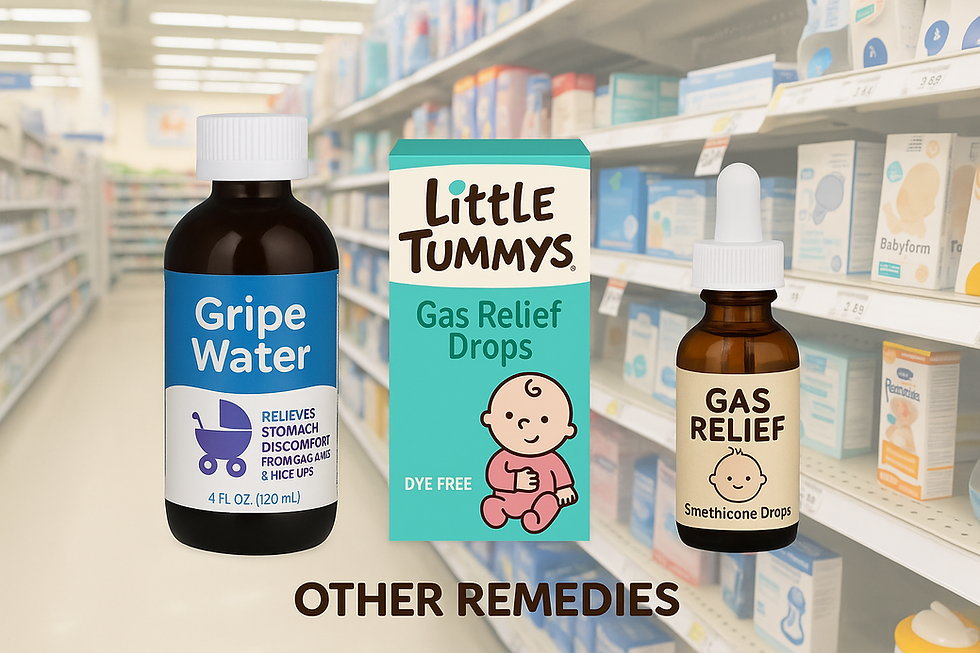Hand, Foot, and Mouth Disease: What Parents of Toddlers Should Know
- Colleen Mckay
- Jul 15
- 2 min read
If you’re a parent of a toddler, chances are you’ve heard of hand, foot, and mouth disease (HFMD). This common childhood illness can sound alarming—but with the right information and care, most cases are mild and manageable.
What Is Hand, Foot, and Mouth Disease?
HFMD is a viral illness that typically affects young children, especially those under 5. It’s caused by a group of viruses called enteroviruses, most commonly coxsackievirus.
The telltale symptoms include:
Fever
Painful sores inside the mouth
Red spots or blisters on the hands, feet, and sometimes the buttocks or legs
Irritability and reduced appetite, especially in younger children
It spreads through saliva, mucus, fluid from blisters, and contact with contaminated surfaces—so it’s common in daycare and preschool settings.
What Makes HFMD So Tough for Parents?
Speaking from personal experience: the hardest part isn’t the rash or even the fever—it’s watching your child feel miserable and refuse to eat or drink because their mouth hurts. That’s what makes this illness particularly distressing for parents.
How to Care for Your Child
There’s no specific cure for HFMD, but you can make your child more comfortable with these steps:
Offer fluids often—cold drinks, popsicles, and smoothies can help soothe mouth pain.
Use over-the-counter medications like acetaminophen (Tylenol) or ibuprofen (Motrin) to reduce fever and pain.
Avoid citrus or salty foods, which can irritate mouth sores.
Disinfect surfaces and encourage handwashing to prevent the virus from spreading.
Most children recover within 7 to 10 days, but if your child isn’t drinking fluids, has a high fever that won’t go down, or seems unusually lethargic—talk to your doctor. Better safe than sorry.

When to Seek Medical Advice
Call your pediatrician if:
Your child shows signs of dehydration (dry lips, no tears, fewer wet diapers)
The sores or rash seem to be worsening
You have any concerns about how your child is healing
Every child is different, and your doctor can help you decide if any additional care is needed.



Comments